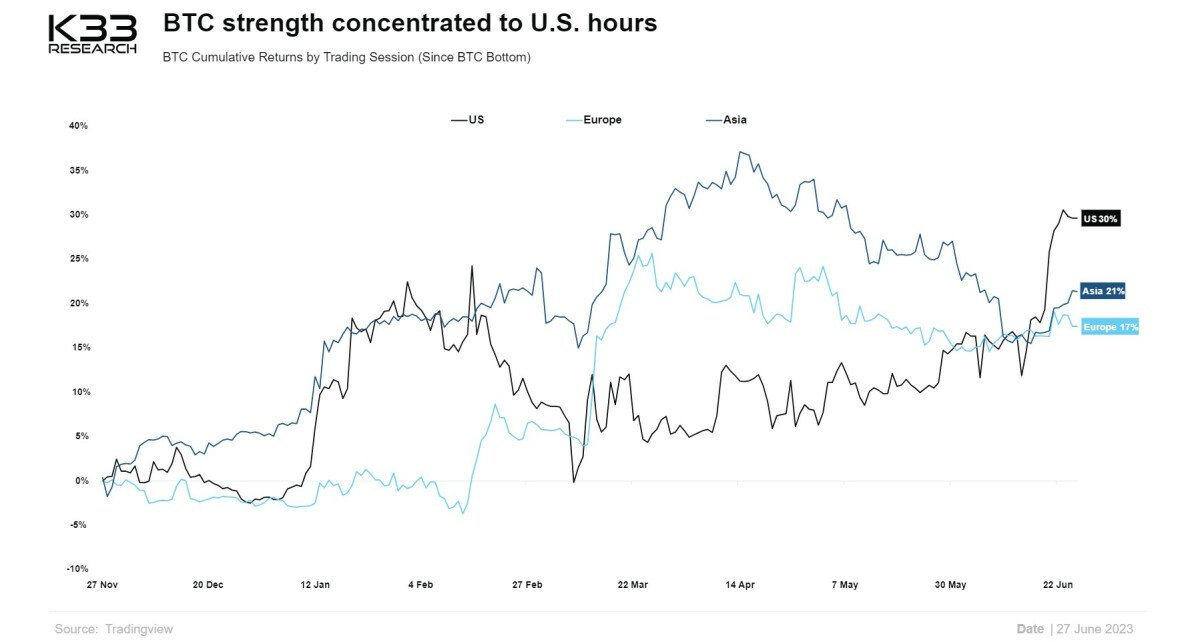Low-class mail; time to pay the check; closing curtain; and other highlights of recent tax cases.
Robins and Richton Park, Illinois: Tax preparer Erica Early has pleaded guilty to preparing and filing false income tax returns for clients.
From 2014 through about April 2019, Early operated a tax prep business in Illinois, Wisconsin and Indiana, often charging $1,000 to prepare basic returns. On returns she prepared, Early falsely inflated clients’ income to maximize the Earned Income Tax Credit, and falsely claimed education-related credits.
Early, a U.S. Postal Service employee during some of the time she was preparing false returns, also falsified her personal returns, claiming education credits she knew she was ineligible to receive.
Her conduct resulted in a tax loss to the IRS totaling some $515,990.
Sentencing is Oct. 4, when she will face a maximum of three years in prison. She also faces a period of supervised release, restitution and monetary penalties.
Jordan, Minnesota: Timothy J. Lundquist, owner of an automobile transmission business, has pleaded guilty to failing to account for and pay over employment taxes.
For at least the last quarter of 2013 through 2018, Lundquist did not pay withholdings to the IRS or file required employment returns, causing a total loss to the IRS of more than $1.2 million.
Lundquist faces up to five years in prison, as well as a period of supervised release, restitution and monetary penalties.
Milledgeville, Georgia: Eugene R. Britt III, a.k.a. Trey Britt, has been sentenced to two years in prison for evading taxes in connection with his ownership of multiple bars and a restaurant in Georgia, as well as beer sales at a music festival.
For two decades, Britt engaged in a scheme to evade federal taxes on income from bars and a restaurant he and others co-owned. Britt and others concealed their ownership interest by causing each establishment to be nominally owned by a single person; he and the other true owners skimmed cash and disbursed it amongst themselves without reporting the cash as income to the IRS.
Britt used a similar organizational structure in the sale of beer at a music festival in 2015 and did not report the cash he received from the businesses or the festival on his personal income tax returns.
He was also ordered to serve three years of supervised release and to pay a $10,000 fine and $362,250 in restitution.
Owings Mills, Maryland: Restaurant owner John H. Worthington has pleaded guilty to failure to account for and pay over employment taxes and to filing a false personal return.
Worthington owned and operated a restaurant since 1995, issuing W-2s to his employees and withholding federal income and FICA taxes from their wages. From 2010 through 2021, he did not file 941s with the IRS and did not pay the withholdings over to the IRS.
In total, Worthington did not report or pay approximately $2,813,348.94 in employment taxes due and owing to the IRS. Instead, he used funds from his business to pay other creditors and for a variety of personal expenses, including golf club membership dues, season tickets to the Baltimore Orioles, international vacations, and salaries for himself and his wife.
Additionally, Worthington filed a joint 2016 personal return that falsely claimed $24,207 in federal income tax withholdings from his own wages from the restaurant, which he knew had not been paid to the IRS. This resulted in a $9,096 undeserved refund; Worthington should have owed $15,111. He failed to timely file his personal income taxes for 2017 through 2021, despite having received wages and compensation from the restaurant. He also failed to timely file corporate tax returns for 2016 through 2021, even though the corporation generated gross receipts or sales of more than $15 million during that time frame.
He faces up to five years in prison for willfully failing to account for and pay over the employment taxes and three years for filing a false return. He also faces a period of supervised release, monetary penalties and restitution.
Cheyenne, Wyoming: Bookkeeper Carissa Joy Dunn-Pollard has been sentenced to 21 months in prison for wire fraud and failure to file a return.
Pollard worked as the part-time bookkeeper for the nonprofit Cheyenne Little Theater Players Inc. From September 2020 to May 2022, Pollard schemed to steal money with false and fraudulent pretenses and representations. She embezzled at least $220,481.57 from the theater by causing ACH “payroll deposits” to be made into her bank account from the theater’s bank account.
As of Nov. 30, 2022, when the complaint in this case was filed, Pollard was aware of her obligation to file returns with the IRS but failed to do so for tax years 2018 to 2021. The amount of taxes she owed for the period totaled $113,451.58.
She must also serve three years of supervised release following her prison term and must pay $220,481.57 in restitution to the Cheyenne Little Theatre, as well as $113,451.58 to the IRS and a $125 special assessment.
Ravenna, Ohio: CPA Michael Harman has been sentenced to 43 months in prison after pleading guilty to a six-count indictment that charged him with wire fraud, making and subscribing false returns, and money laundering.
Harman was a controller with his employer, where his responsibilities included processing payroll adjustments. From 2016 to August 2020, he devised a scheme to embezzle more than $1 million from his employer and used the funds for personal use, including child support payments and moving expenses.
Harman executed the scheme using a series of unauthorized wire transfers, fictitious checks and fraudulent charges on his employer’s credit cards.
In addition, Harman failed to report income earned from the scheme on his tax returns for the tax years 2016 to 2019.
He was also ordered to pay restitution of $1,081,875.10 to the victim, Geis Co., and $227,638 to the IRS.
Fayetteville, North Carolina: Businessman Christopher Scott Harrison has been sentenced to 18 months in prison, to be followed by a year of supervised release, for tax fraud.
He previously pleaded guilty to filing a false return with respect to nearly $25 million in unreported income he paid to himself from his company.
Harrison was the CFO and majority owner of an insurance and HR benefits business. Beginning at least as early as 2012, he began to lavishly spend company funds for his own benefit, including buying a watch for some $145,000 and spending some $300,000 on a swimming pool at his home.
As these expenditures came to light, Harrison filed for Chapter 11. During the bankruptcy proceedings, an accounting firm retained by the bankruptcy trustee discovered almost $25 million in personal expenditures attributable to Harrison that were reported as business expenses between tax years 2012 and 2018. Harrison filed personal returns over that period that failed to report the income, leading to almost $6 million in uncollected federal income taxes.
He was also ordered to pay more than $4.6 million in additional restitution.
Credit: Source link











